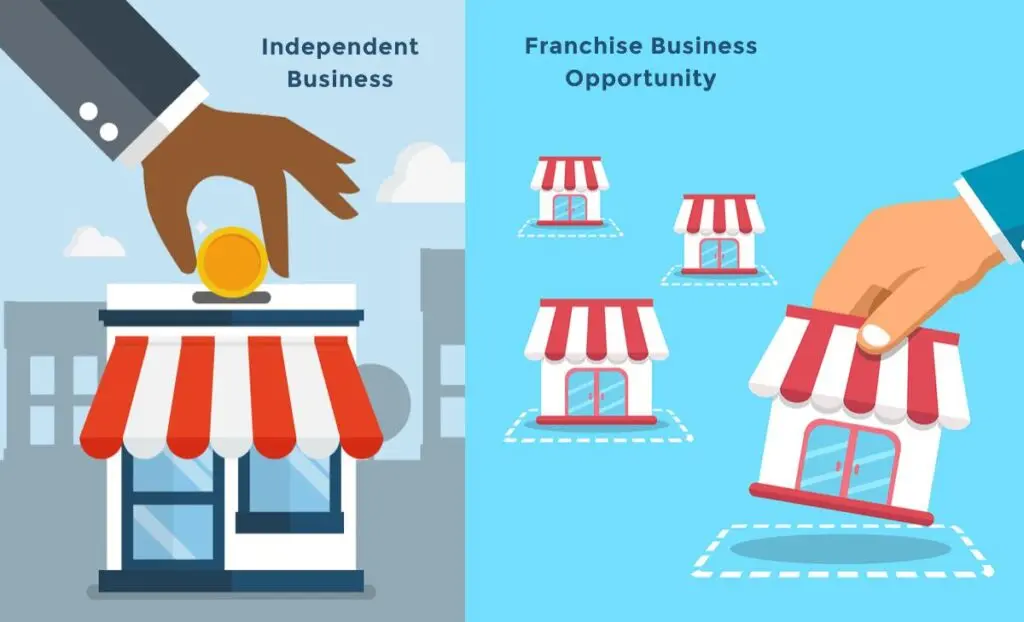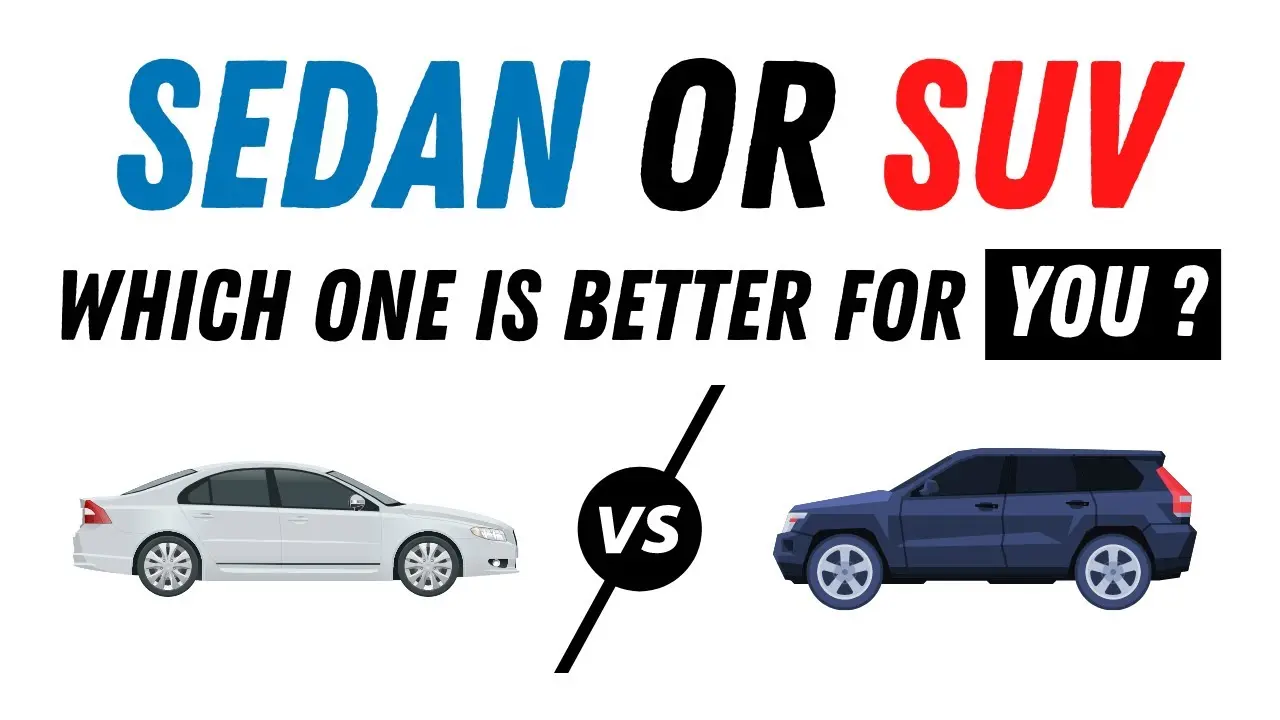
What is a Franchise?
A franchise is a business model where a company (the franchisor) allows individuals (franchisees) to operate their own business under the company’s brand and using its business systems. In exchange for the right to operate under the franchise, franchisees typically pay royalties and franchise fees to the franchisor. Some well-known examples of franchises include McDonald's, Subway, and 7-Eleven.
Key Features of a Franchise:
- Established Brand: The franchisor has already built a recognizable brand and customer loyalty.
- Proven Business Model: Franchisees operate based on the franchisor’s established systems, processes, and marketing strategies.
- Support: Franchisors provide training, marketing support, and sometimes even funding to help franchisees succeed.
What is an Independent Business?
An independent business is a company that is owned and operated by an individual without any affiliation to a larger brand or franchisor. The business owner is responsible for creating and developing the brand, marketing, and operational systems from the ground up. Examples of independent businesses include local coffee shops, small boutiques, and family-owned restaurants.
Key Features of an Independent Business:
- Full Control: Business owners have complete freedom to design their operations, products, and branding.
- Creative Freedom: Independent business owners have the flexibility to innovate and adapt to market changes without any corporate restrictions.
- Higher Risk: Without the support of a franchisor, independent businesses face more uncertainty and challenges in building a customer base and a profitable business model.
Franchise vs. Independent Business: The Pros and Cons
Franchise: Pros and Cons
Pros:
- Brand Recognition: When you invest in a franchise, you are immediately associated with an established and recognizable brand, which can attract customers more easily than a new, independent business.
- Support and Training: Franchisees benefit from the franchisor’s experience, with access to comprehensive training, marketing, and operational support.
- Proven Business Model: Franchises have already figured out what works in terms of business operations, sales strategies, and customer service, giving you a roadmap for success.
Cons:
- Less Control: As a franchisee, you must adhere to the franchisor’s rules, which can limit your creative freedom and decision-making power.
- Ongoing Fees: Franchisees must pay royalties and initial franchise fees, which can eat into profits.
- Restrictions on Expansion: Many franchises have strict rules about how and where you can expand, limiting your business’s growth potential.
Independent Business: Pros and Cons
Pros:
- Complete Control: You have total autonomy over business decisions, including product offerings, branding, and marketing strategies.
- Flexibility and Innovation: As an independent business owner, you can quickly adapt to changes in the market, try new products, and experiment with unique business models.
- Keep All Profits: Unlike franchising, there are no royalty payments or franchise fees, so you retain 100% of the profits.
Cons:
- Higher Risk: Starting from scratch means there is no established brand or customer base, making it harder to attract customers in the early stages.
- Lack of Support: As an independent business owner, you must rely solely on your own expertise and resources, which can be challenging if you are new to business ownership.
- Slow Growth: Without an established system or brand recognition, it may take longer to achieve profitability and business growth.
Franchise vs. Independent Business: A Comparison Chart
To make it easier for you to compare franchises vs. independent businesses, here is a detailed comparison chart:
| Factor | Franchise | Independent Business |
|---|---|---|
| Brand Recognition | Established brand | Builds brand from scratch |
| Control | Limited control (franchisor rules) | Full control over operations and branding |
| Support | Comprehensive training and support | Self-reliance, no external support |
| Initial Investment | Typically higher due to franchise fees | Varies, can be lower or higher depending on business type |
| Fees | Royalties and franchise fees | No royalty or franchise fees |
| Flexibility | Limited, must follow franchisor’s system | Highly flexible and adaptable |
| Growth Potential | Potential for faster growth due to established systems | Slower, but unlimited growth potential |
| Risk Level | Lower risk due to established brand and business model | Higher risk, no proven model |
Which Option is Right for You?
Deciding between a franchise and an independent business depends on your personal preferences, goals, and resources. Here are some questions to consider when making your decision:
- Do you prefer a proven system, or do you want full creative freedom?If you prefer having a ready-made business model with extensive support, a franchise might be a better option. If you want more control over your business decisions and creative freedom, starting an independent business could be more appealing.
- What is your risk tolerance?Franchises typically offer lower risk because they come with a proven model and support. Independent businesses carry higher risk but also the potential for greater rewards and innovation.
- What is your budget?Franchises may have higher initial costs due to franchise fees and royalties, whereas independent businesses can sometimes be started with a lower investment.
Final Thoughts
Both franchise and independent business models offer distinct advantages and challenges. Franchises are perfect for individuals who want a structured business with support and brand recognition, while independent businesses provide more freedom and the chance to build a unique brand. Ultimately, the right choice depends on your personal preferences, business goals, and available resources.



